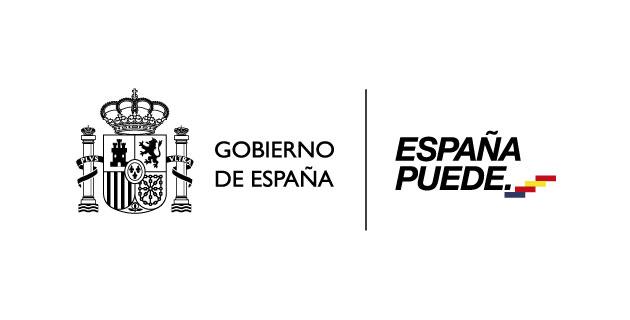CT joins the multidisciplinary TIFON consortium, a pioneering project aimed at optimizing design, manufacturing and operational processes in the aeronautics sector through the use of artificial intelligence (AI).
CT is focused on developing AI-based solutions to redefine design and manufacturing engineering cycles in the aerospace industry.
The TIFON project (Intelligent Technologies for Manufacturing, Design and Operations in Industrial Environments) aims to explore and apply artificial intelligence technologies to optimize processes in the aeronautical industry, improving its sustainability, efficiency and responsiveness to future challenges.
A new paradigm for the aeronautical industry
TIFON focuses on identifying and solving the difficulties of applying AI technologies and their scalability to industrial processes (design and manufacturing) by executing pilots and proof-of-concepts. To this end, the companies in the consortium are addressing key areas of innovation, such as the automation of quality processes, the application of large language models (LLM) for knowledge management, and advanced techniques such as reinforcement learning and variational autoencoders (VAEs). These tools will not only make it possible to foresee defects and optimize processes, but also to foster collaboration between humans and machines, speeding up design and manufacturing cycles.
CT drives digital transformation and sustainability in the aerospace industry
Under this project, CT is focused on developing AI-based solutions to redefine design and manufacturing engineering cycles in the aeronautics industry. Its efforts include the application of machine vision to improve quality, the development of surrogate models and disruptive geometries for zero-emission aircraft, and advanced structural optimization techniques.
- Advanced structural dimensions: Use of neural networks for sizing structural elements, integrating them into the overall design of zero-emission aircraft.
- Inspection in hard-to-reach areas: Innovative methods to detect FOD (foreign object debris/damage) and evaluate large internal and external surfaces of aircraft.
- Thermal optimization through AI: Design of disruptive geometries for heat exchangers, optimized through generative modeling and additive manufacturing.
- Multidisciplinary structural optimization: Development of coherent and sustainable models that integrate structural and aerodynamic aspects to minimize overall aircraft weight.
- Advanced mechanical properties prediction: AI-based methodologies to predict mechanical properties of composite materials by designing unconventional stacking sequences and manufacturing parameters. These models will allow customizing materials and feeding optimal structural simulations.
- Predictive fatigue and crack assessment: surrogate models for predicting fatigue crack nucleation and propagation with random geometries and loads, integrating damage tolerance data into neural network methodologies.
CT is also investigating new AI-based strategies for predicting mechanical properties in composite materials, damage tolerance assessments, and generative design methodologies to explore more efficient and disruptive structural configurations.
A collaborative effort
The TIFON project is led by Airbus Defence & Space within the CDTI cluster, in collaboration with Navantia, 4I Intelligent Insights, Bertrandt and CT. In addition, the AEI cluster, coordinated by the Universidad Politécnica de Madrid (UPM), includes the participation of AIMEN, BSC, INTA, UAH, UC3M and US, consolidating a multidisciplinary research and development ecosystem.
Support and development framework
TIFON is an initiative funded by the CDTI under the file MIG-20232039, within the 2023 “Science and Innovation Missions” grants, in the framework of the State Program for Scientific, Technical and Innovation Research 2021-2023. Its execution is scheduled between 2024 and 2026, positioning itself as a strategic project to catalyze digital transformation and sustainability in the aeronautical industry.
With TIFON, CT reaffirms its commitment to innovation and technological leadership, actively contributing to the evolution towards a more efficient, sustainable and competitive industry.


